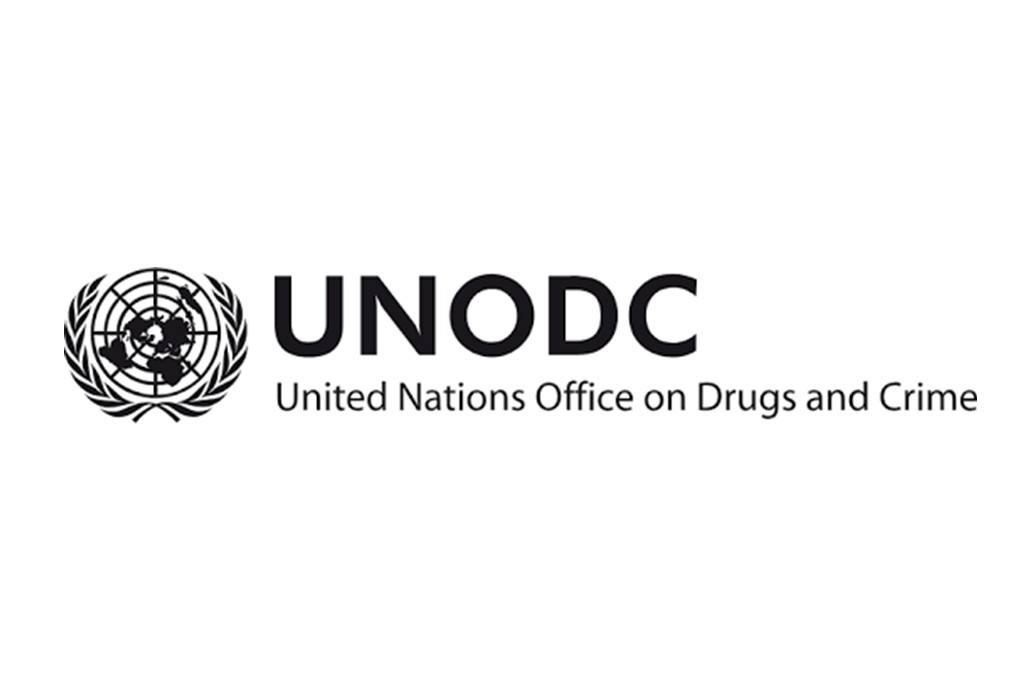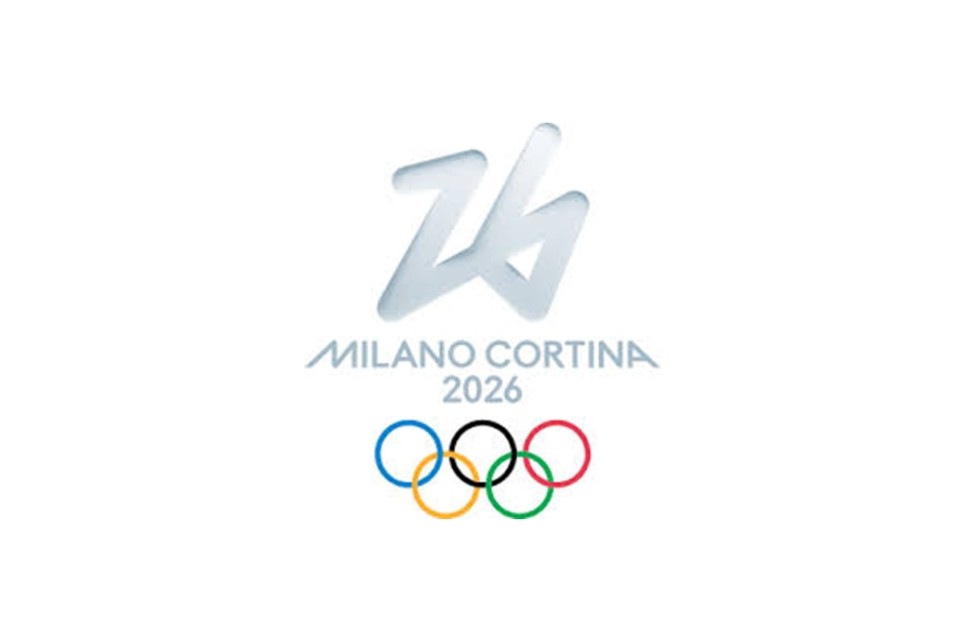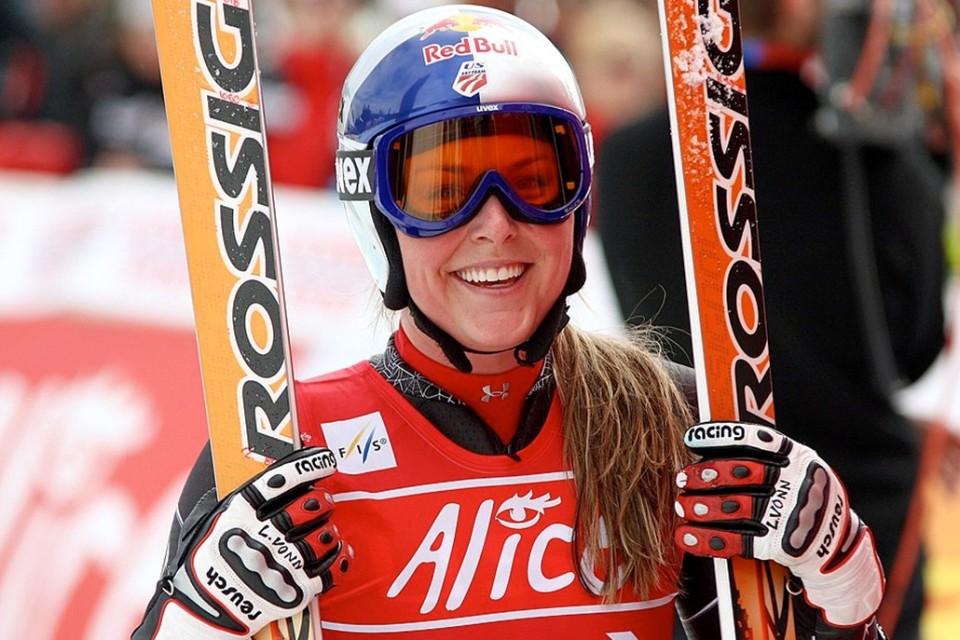Wed, September 03, 2025
UN shares updated anti-corruption plan for 2026 FIFA World Cup and 2028 Los Angeles Olympic Games

The United Nations Office on Drugs and Crime (UNODC) has shared its new anti-corruption plan for the 2026 FIFA World Cup and Los Angeles 2028 Olympic Games which will protect both events from match-fixing within the U.S. The 2026 FIFA World Cup will be co-hosted by the U.S., Mexico and Canada.
The plan is based on the G20’s High-Level Principles. In the context of sport, the G20 (Group of Twenty) acts as a forum for its member countries, which include the world's leading economies, to collaborate on important issues, such as developing strategies to combat corruption and organised crime within sport. The G20 High-Level Principles on Tackling Corruption in Sport, for example, outline shared goals and actions to identify and disrupt criminal activities within the sport sector.
Illegal betting is becoming a growing concern for the UN, which has estimated the total value of illegal gambling operations to be in the same range as drug, weapons and human trafficking.
In preparation for these two major events, the UNODC has asked authorities and sports bodies within the World Cup host countries and within Los Angeles, for the Olympics specifically, to review their legal and regulatory systems. It has also advised criminal justice organisations and legislative bodies to train others through workshops at the national and local levels. The organisation voiced that ensuring investigators and prosecutors have enough legal power to fully investigate and bring criminals to justice should be a key priority.
The organisation also stressed the importance of inter-agency cooperation between national and international anti-corruption bodies in upholding sport integrity: “A global trend is the development of mechanisms (such as task forces, platforms, specialised units and entities) to enhance collaboration and cooperation between criminal justice authorities and/or anti-corruption bodies and sports organisations to help tackle corruption and other forms of crime and related wrongdoing in sport.”
It also shared that match-fixing and illegal betting operations are particularly rife within Asia, and that private sector betting companies also have an important role to play in tackling this corruption, especially those within Europe, Latin America and Africa, and that they should be actively monitoring betting markets.
The International Betting Integrity Agency (IBIA) identified 63 cases of potentially suspicious betting activity in the first quarter of 2025. This is a decline of 3% compared to the previous quarter but a rise of 11% year-over-year from the 57 alerts reported in Q1 2024.
The incidents reported covered six sports across 23 countries. Football and tennis remained the sports responsible for the majority of the reports at 40 alerts, up from 35 in Q4 2024. There were nine cases related to table tennis, which reflects a drop to more usual numbers after a spike in Q4, according to Focus Gaming News.
The official UNODC anti-corruption plan can be found here.



